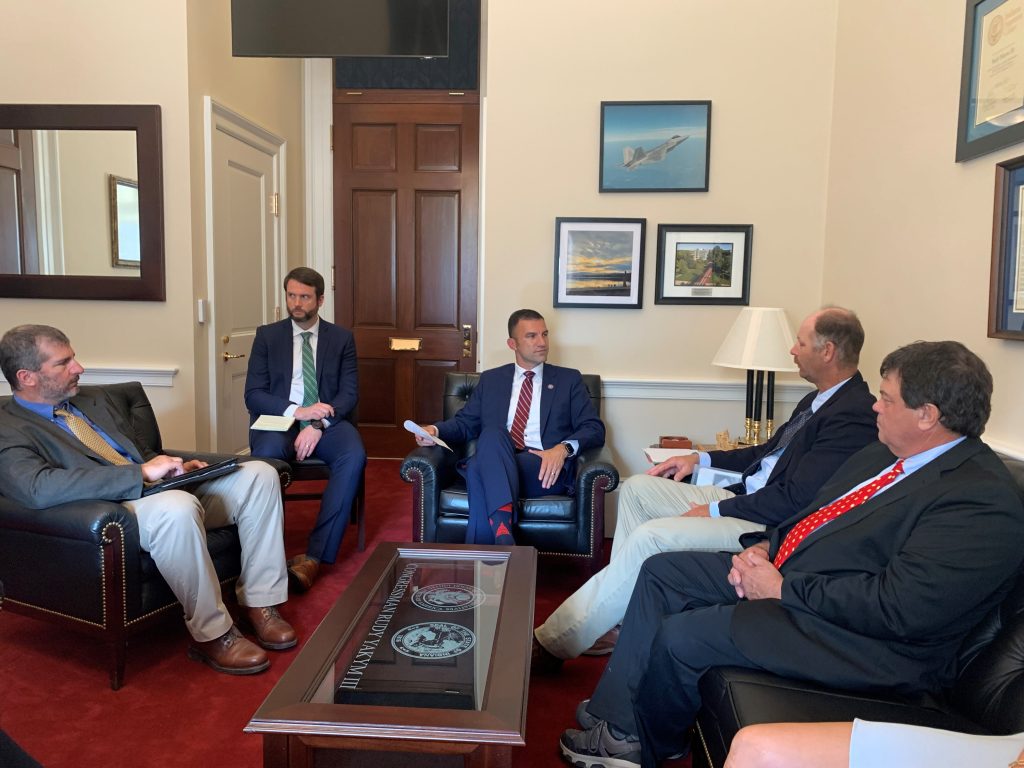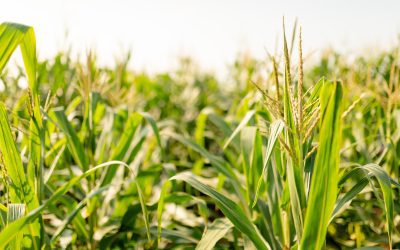By U.S. Rep. Rudy Yakym
Republican Party, Indiana District 2
Indiana is blessed with great soil and even greater farmers. We don’t just feed our fellow citizens, we feed the world.
I’m committed to maintaining that Hoosier leadership. Congress is continuing its work toward a new farm bill, but it’s important to remember that there are a lot of other policies that keep our farmers and ranchers competitive in the global marketplace.
For example, as a member of the House Transportation and Infrastructure Committee, one of our key tasks in 2024 is to pass a Water Resources Development Act (WRDA). This legislation is typically passed every two years and authorizes water-related projects, such as dredging ports and harbors, maintaining locks and dams, and developing flood protection.
For Midwestern farmers, these projects ensure that harvests can be transported through our inland waterways to the Mississippi River and onward for processing and/or export. This efficient transportation gives American farmers a huge competitive advantage over foreign producers.
Government overreach, on the other hand, represents a threat to our agricultural competitiveness. Bureaucrats in Washington have no shortage of bad ideas that threaten to bury farmers and ranchers under red tape, whether it’s resurrecting the Waters of the United States (WOTUS) rule that creates uncertainty, attempting to impose radical climate mandates, or trying to take important pesticides off the market on unscientific grounds.

Koehne of Greensburg, Ind., middle right; and Phil Ramsey of Shelbyville,
Ind., far right; meet with U.S. Rep. Rudy Yakym (R-Dist. 2), center, and
a staff member at his office in Washington, D.C. Lemenager, Koehne
and Ramsey are all Indiana representatives on the American Soybean
Association board.
The U.S. House of Representatives has been working hard to push back on this radical agenda, passing legislation and sending legal briefs in support of court challenges. I also introduced H.R. 4956, the Farmer-Informed WOTUS Act, which would require the USDA to solicit feedback from farmers and ranchers on WOTUS to ensure that their voices are being amplified in this conversation.
Ultimately, our global competitiveness is only truly effective with a level international playing field and open markets. This means ensuring that countries don’t erect unscientific barriers to our exports. Last year, I highlighted an effort I was leading with my fellow Hoosier, U.S. Rep. Greg Pence (District 6), to make sure that the United States stood up to Mexico’s proposed ban on genetically modified corn.
I was pleased to see the U.S. Trade Representative initiate a trade case against Mexico under the U.S.-Mexico-Canada Agreement (USMCA). Though the case is still ongoing, we cannot allow unscientific policies and scare tactics like that to proliferate.
There are other looming threats too, like the European Union’s attempts to export its radical green farming regulations that tie producers’ hands and could even pose a risk to global food security.
It’s an honor to be a voice for the hardworking Hoosier farmers and ranchers of Indiana’s Second District. I always look forward to hearing their thoughts, and I will continue to value these partnerships as I advance our shared priorities back in Washington.





